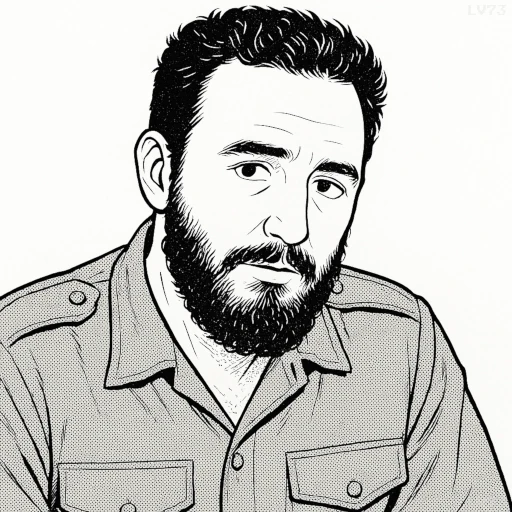“I think that a man should not live beyond the age when he begins to deteriorate, when the flame that lighted the brightest moment of his life has weakened.”

- August 13, 1926 – November 25, 2016
- Cuban
- Revolutionary, Prime Minister and President of Cuba, Communist Leader
table of contents
Quote
“I think that a man should not live beyond the age when he begins to deteriorate, when the flame that lighted the brightest moment of his life has weakened.”
Explanation
This quote offers a rare and introspective glimpse into Fidel Castro’s personal reflections on aging, vitality, and mortality. By stating that a man should not live beyond the point where he “begins to deteriorate” or when “the flame that lighted the brightest moment of his life has weakened,” Castro acknowledges the natural decline of physical and mental vigor with age, and implies that a life’s value lies in its active contribution, not merely its duration.
This perspective aligns with Castro’s self-image as a revolutionary of action and purpose—someone whose life was defined by bold ideas, unyielding energy, and transformative leadership. In this view, to outlive one’s prime might risk diminishing one’s legacy or becoming a symbol of stagnation rather than inspiration. It’s a sentiment echoed by many historical figures who believed in leaving at the peak of their influence, rather than fading slowly into obscurity or irrelevance.
In today’s context, this quote resonates with broader philosophical discussions about dignity in aging, the nature of legacy, and the question of when a life remains meaningful. It challenges the notion that longevity alone is virtuous, instead suggesting that the intensity and purpose of one’s life should guide how it is lived—and when it should end. Castro’s words are not just about aging—they’re a reflection on how to live fully, and when to step back with grace and clarity.
Would you like to share your impressions or related stories about this quote in the comments section?


